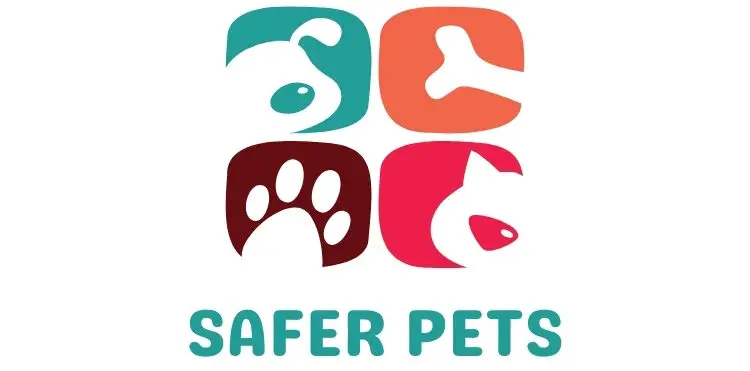Despite all your care and supervision, accidents can still happen and it is important to know what to do if your pet is poisoned. Dogs and cats are particularly prone to poisoning as dogs will chew and eat almost anything (particularly when puppies are teething) and cats are insatiably curious.
Common Poisons
Many household items can be toxic to pets – these include many pesticides (especially rat poison – even a small amount of this can be fatal), weed-killers, ammonia, bleach, washing detergents and a variety of indoor and outdoor plants, such as azalea, oleander, mistletoe, sago palm and Easter lily. Anti-freeze is another deadly substance – because of its sweet taste, it is particularly attractive to pets; watch that your car is not dripping a puddle onto the garage floor or driveway, which is then being lapped up by your pet – even small amounts can cause kidney failure and death. Other dangerous items include batteries, moth balls, pot pourri and over-the-counter medications – a 200mg tablet of ibuprofen can cause stomach ulcers in a ten-pound dog. Always store potentially toxic products in cupboards safely out of paws’ reach.
Even food can be a potential source of poisoning – dogs, for example, should never be fed grapes or raisins, potatoes, onions and most of all, chocolate. Chocolate contains a compound similar to caffeine, called theobromine. Just one-half ounce or less of chocolate per pound body weight can cause vomiting, diarrhoea, nervousness, restlessness, excitement, tremors, seizures, and even coma.
Cats can be particularly prone to toxic products deposited on their fur or picked up on their paws, as they inadvertently ingest the poisons when they then wash themselves. Never use a product designed for a dog on a cat, as cats are far more sensitive to any chemical toxicity than dogs.
Symptoms of Poisoning
Signs of poisoning include vomiting, diarrhoea, nervousness, difficulty breathing (panting), and change in pupil size. Depending on the poison, the animal may show extremely rapid or extremely slow heart rate. In extreme cases, your pet may become unsteady on their feet, go into convulsions, or become unconscious.
Help! My Pet Has Been Poisoned – What Should I do?
First of all, don’t panic! A rapid response is important but keeping calm will give you a higher chance of saving your pet’s life. Take a deep breath and follow these steps:
- First, always make sure you have your veterinarian’s number (or an emergency on-call vet) on hand – place it by the phone or on the fridge. If you suspect poisoning, don’t hesitate to call immediately – their advice is crucial.
- Check the animal’s vital signs (airway/ breathing, heartbeat, bleeding, temperature) and administer first-aid if necessary. Check for signs of shock (pale gums, listless, weak pulse).
- If the poison was topical, flush the area with large volumes of water (eg, in the eye). If it was in powder form, you may need to brush or vacuum it off the coat.
- If the poison was inhaled, take the animal into fresh air as soon as possible.
- Most poisons are ingested – in some cases, inducing vomiting as soon as possible is a good thing to do. However, always check with a vet before trying to make your pet vomit – and you need to know exactly what the poison was. Some poisons are particularly caustic and can actually cause as much damage coming back up as they did going down. In these cases, it might be better to give your pet some milk to neutralise the substance but again, check with your vet first.
- To induce vomiting, administer some washing soda crystals or a strong salt solution.
- Try to determine how much of the poison your pet ingested and try to take along a sample to your vet, as well as anything the animal may have vomited. Even if your pet seems to be fine, it is best to seek veterinary advice following a poisoning as some poisons may be slow acting or require further treatment.
Poisoning is high on the list of a pet owner’s nightmares and unfortunately, is quite a common occurrence. Therefore, arming yourself with the knowledge of what to do before any accident occurs means that you will be in the best position to help your pet if he or she is poisoned.
